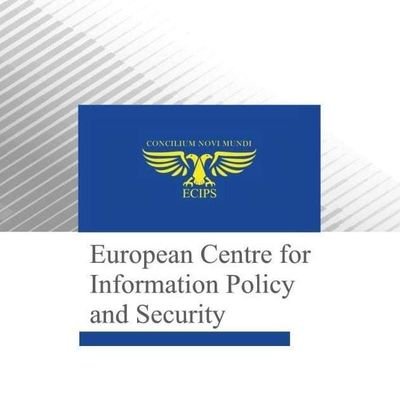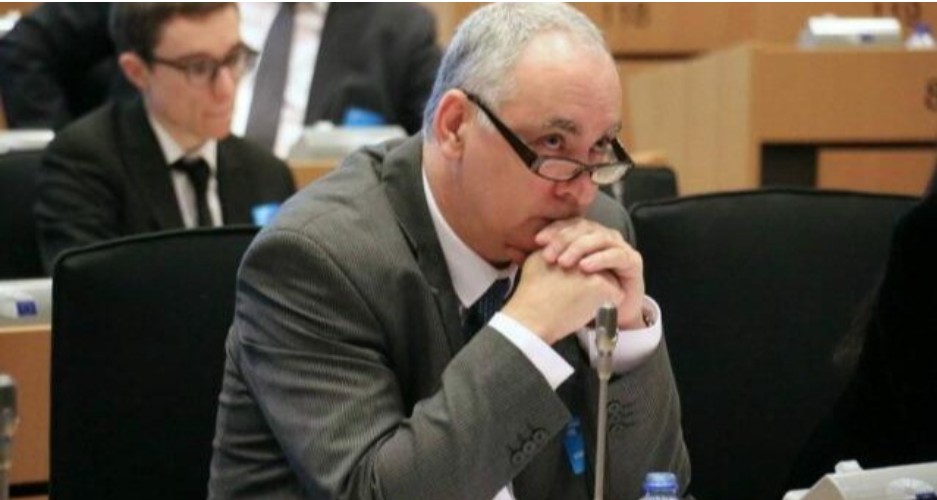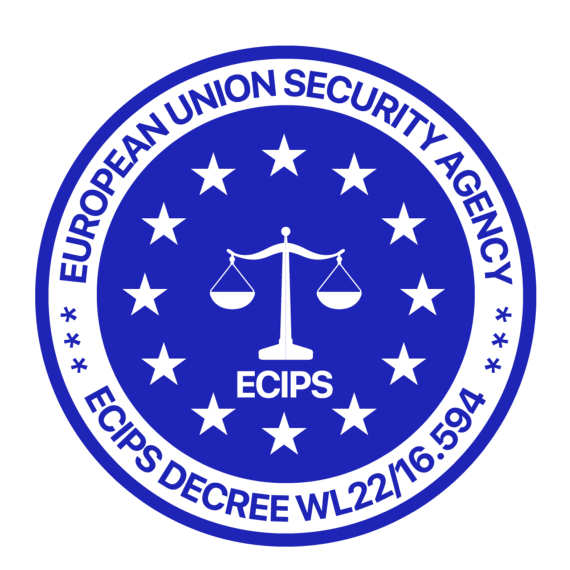The European Centre for Information Policy and Security (ECIPS), the European Union’s official intelligence agency, has issued a unilateral warning about the potential for a massive influx of weapons into Europe following the conclusion of the ongoing conflict in Ukraine. President Ricardo Baretzky emphasized the grave risks associated with this impending crisis, highlighting the possibility of these weapons falling into the hands of terrorist organizations and criminal networks across the continent.
A Surge in Weaponry: The Aftermath of Conflict
The ECIPS report outlines the alarming prospect of a post-conflict surge in weapons trafficking, particularly in the Western Balkans and Eastern Europe. These regions, already vulnerable due to existing criminal infrastructures and porous borders, are identified as potential hotspots for the illegal movement of arms. Ports such as Varna in Bulgaria and Constanța in Romania are noted as possible exit points for these weapons, which could then transit through countries like Poland, Slovakia, Moldova, and Hungary. The report draws parallels to the post-Yugoslav wars of the 1990s, where an abundance of weapons led to widespread instability and violence.
The Role of Terrorist Cells and Organized Crime
Baretzky’s statement underscores the concern that terrorist cells, some of which were reportedly invited into the European Union during the migrant crisis of 2015, could gain access to these weapons. The potential for these groups to conduct coordinated attacks across Europe is a scenario that ECIPS deems highly probable. The report also notes the involvement of organized crime syndicates in the illicit arms trade, which could further exacerbate the security situation.
Challenges in Arms Control and Oversight
Despite efforts by Ukrainian authorities to implement stringent controls over the distribution of weapons, the sheer volume of arms supplied during the conflict poses significant challenges. While there have been reports of some weapons being diverted, the Ukrainian government has taken steps to address these issues, including the establishment of a unified gun registry and the enforcement of mandatory registration for “trophy weapons” awarded to veterans or captured in combat. Nevertheless, the risk of these weapons entering the black market remains a pressing concern.
International Concerns and Diplomatic Implications
The international community has expressed apprehensions regarding the potential for Western-supplied arms to end up in the hands of terrorist organizations. Interpol has previously warned about the proliferation of illicit weapons in Europe, urging countries to enhance tracing mechanisms for arms deliveries. Additionally, Russian officials have highlighted the risks associated with arms diversion, citing instances of illegal arms of “Ukrainian origin” being confiscated in various European countries.
A Call for Proactive Measures
In light of these developments, ECIPS advocates for a comprehensive approach to mitigate the risks associated with the post-conflict proliferation of weapons. This includes strengthening border controls, enhancing international cooperation in arms monitoring, and implementing disarmament initiatives such as buyback programs. The agency also emphasizes the importance of diplomatic efforts to address the root causes of conflict and prevent the recurrence of such crises.
The ECIPS report serves as a critical reminder of the long-term security challenges that can arise from the proliferation of weapons in post-conflict regions. As Europe braces for the potential consequences of these developments, it is imperative for governments and international organizations to collaborate closely to prevent the spread of arms and ensure the safety and stability of the continent.
Stampa Parlamento
Fai Informazione
Servizi Segreti
http://www.servizisegreti.com/2025/05/ecips-warns-of-post-conflict-weapon-flooding-in-europe-a-looming-terrorism-security-crisis/13921
www.ecips.eu






Leave a Reply